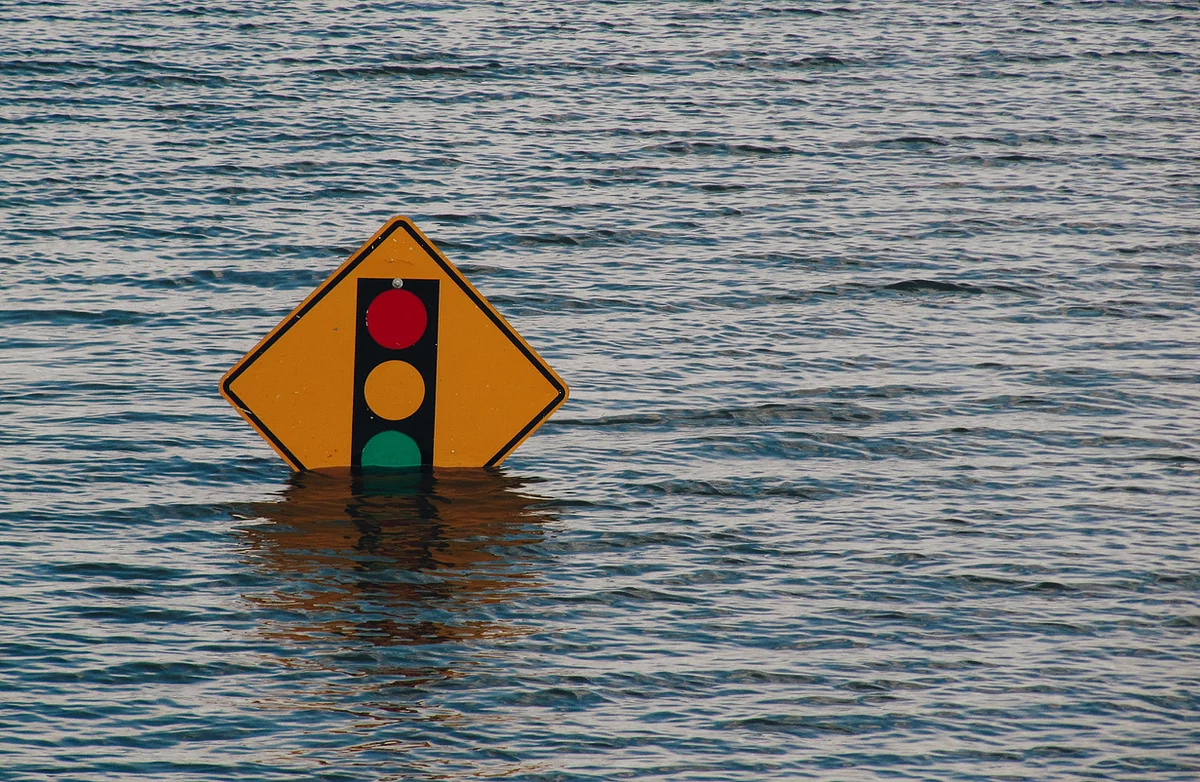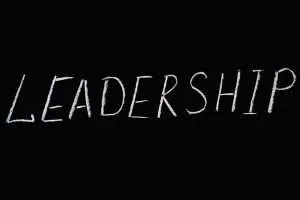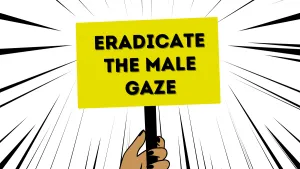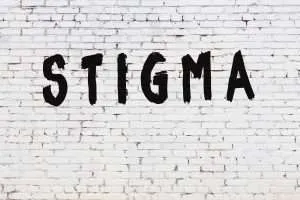What is Environmental Sociology? How can Environmental Sociology be Applied to the Climate Crisis?
With the current discourse on the climate crisis, many people are becoming interested in environmental sociology. Sociology deals with all aspects of human lives including human relationships with the environment. Many sociologists have explored and researched the study of the environment that their collections make up what is called environmental sociology.
Therefore, environmental sociology simply means the sociological study of the environment. In a broader sense, it studies the relationship that exists between human behavior, physical and natural environment. It is an indisputable fact the interaction of these trios makes up the human environment.
In a 2015 article, Stewart Lockie explains that environmental sociology is better defined as the application of our sociological imaginations to the connections among people, institutions, technologies and ecosystems that make society possible. The sociological study of the environment is as important as any other sub-field of sociology.
If abnormal human relationships with other aspects of lives can pose great danger to the existence of humanity, then unhealthy human relationships with the environment will pose a greater challenge to the universe, which can cause climate crisis just like the current monsoonal flash floods experienced globally.
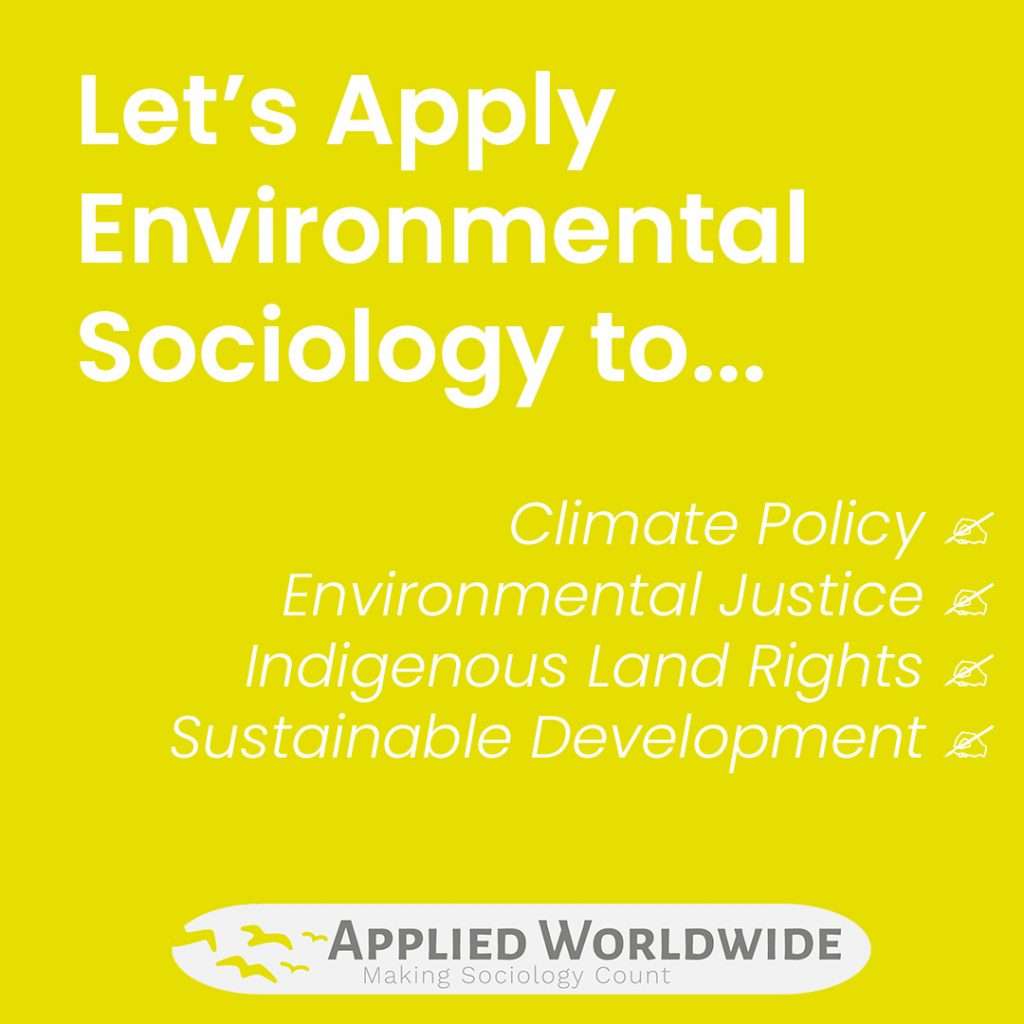
Global Climate Crisis
Climate crisis is as a result of climate change. Climate change is a global or regional climate patterns. In particular a change that is apparent from the mid late 20th century onwards and attributed largely to the increased levels of atmospheric carbon dioxide produced by the use of fossil fuels. Sociologically, climate change is mainly caused by the different activities of human being with the society. These activities can be economical, governmental and the prejudice of media institutions to bring the fact about the former and latter closer to the hearings of the society.
Economically, industries and factories are at the heart of economic development in any country. Over the years, the duo produces greenhouse gases throughout the supply chain. They have majorly contributed to the damage caused to the environment because of the release of harmful and toxic substances released to the environment.
The US Environmental Protection Agency (EPA)
The economical implication is so tensed that almost all aspects of the world’s economy inflict pain on the climate. For instance; the Environmental Protection Agency (EPA) tracks total US greenhouse gas emission and in their 2019 publication titled “Inventory of U.S. Greenhouse Gas Emissions and Sinks” they discovered that 29% of greenhouse gas is caused by transport systems, 25% by electricity production, 23% by industries, 13% by commercial and residential, 10% by agriculture and 12% by land use and forestry.
Therefore, the above industrial and economic activities have exposed the climate to excessive global warming; a large amount of carbon dioxide (CO2) is emitted from big industries that used fossil fuels such as coal, oil, gasoline, and natural gas. These carbon dioxides stayed in the atmosphere and absorb sunlight and solar radiation that have bounced off the earth’s surface. Normally these radiations would have escaped into the space, but these pollutants, which can last for years to centuries in the atmosphere, trap the heat and cause the planet to get hotter.
The heat aggressively evaporates water from oceans, lakes, and more in which the pouring down of a large amount of water evaporated can lead to excessive flash flooding and aggressive winds and thunderstorms. For instance, human emissions caused the deadly “heat dome” in Canada and North America and the prolonged heat wave in Siberia.
Environmental Sociology on the Climate Crisis
Despite the consequences of climate change, the close ties that exist between the government and the capitalist tycoons have girded the governments to addressing the causality of the action but rather prefer to manage the consequences of the action. In most cases, majority of the industry owners have a large stake in the government, they mainly sponsor the activities of political parties in order to have their ways.
Perhaps, that’s why Julian Marton-Leferve, The director General of International Union of Conservation of Nature lamented that “the world leaders have many other issues to deal with and sometimes they don’t see how protecting nature is essential for our well-being. On a planet with seven billion people, moving to nine billion, this isn’t just about protecting our beautiful places, it is protecting the places that provide us with water, food and to also protect ourselves from extreme weather.”
Climate Change and the Media
Unfortunately, the above environmental injustice and hypocrisy would have been exposed if the media as an institution is for the climate not against the climate. Despite the fact we can all feel the negative impact of global warming and climate change due to human activities, some major news outlets mislead their consumers by failing to draw a reasonable connection between human activities and the disasters.
For instance the Pacific Standard Magazine revealed that the Union of Concerned Scientists released a study titled “Is News Corp. Failing Science?” It looks at climate change coverage of the most influential arms of Rupert Murdoch’s media empire: the Fox News Channel.
The report indicated that “Over a recent six-month period, 93 percent of Fox News Channel’s representations of climate change were misleading (37 out of 40 instances).” The researchers noted a disturbing pattern on the Fox News Channel in which hosts and guests would “broadly dismiss the scientific conclusion that climate change is occurring, or the occurrence is human-induced.”
Climate Change and Flooding
Apparently, the recent flash flooding across the globe is not a coincidence but rather a great effect that signifies climate change. Flash floods are defined as rapid flooding of low-lying areas: washes, rivers, dry lakes and depressions. It may be caused by heavy rain associated with a severe thunderstorm, hurricane, tropical storm, or meltwater from ice or snow flowing over ice sheets or snowfields.
The recent flash flooding experienced globally turned most countries into pools and destroyed the lives and property of people. This prompted Clare Nullis, World Meteorological Organization spokesperson, to reveal that in “some parts of Western Europe…They received up to two months of rainfall in the space of two days.
What made it worse is that the soils were already saturated by previous rainfall.” These complicated natural situations have brought about devastating effects in the affected countries. For instance, USA Today reported that Flooding in West Germany and Belgium killed over 125 people, with hundreds more missing and thousands now homeless.
Environmental Sociology and Flooding in the United States
In a news report by the Guardian on the 16th July, 2021 it was revealed that in the United States, Flagstaff, a City in Arizona, declared a state of emergency following the heavy and continuous downpour of rain that turned the streets into murky, fast-running streams. It was also stated that the nonstop rains raised the Colorado River, causing a flash flood that killed one person who was on a rafting trip in the Grand Canyon.
The officials of the Grand Canyon National Park identified a Michigan woman as the person found dead in frigid water after a flash flood swept through a commercial rafting group’s overnight campsite along the Colorado River.
Lastly, Rebecca Copeland, 29, of Ann Arbor, was also found dead near the camp that was washed away on Wednesday evening by a torrent of water that rushed through a slot canyon about a quarter of a mile from the group, which was using an established site for camping. All these are a result of climate change that is caused by the unfriendly interaction of human activities with the environment.
Floods in Africa
Coming down to Africa on the same day, in a news report by THISDAYLIVE titled “Heavy Rain Wreaks Havoc in Lagos” it was disclosed that the heavy rainfall on Friday accompanied by strong wind caused a building under construction in Lagos Island to collapse and capsize a boat travelling from Falomo to Badagry in the afternoon. The flash flood also caused flooding of most parts of Lagos, particularly areas like Banana Island and Park View Estate, and environs in Ikoyi, Victoria Island, Lekki and Ajah, as well as Apapa, Ikeja and other areas.
Also, most houses in Olopomeji and Gbagada Bridge inwards Car Wash, Ifako, Ogudu, Alapere, Apostolic Church, Ojota Bridge, Motorway-7 up to Toll Gate were flooded and vehicles and other possessions outside were either half or completely submerged, causing untold anguish among those affected.
Analytically, the close connections of the current global heavy downpour and flash floods cannot be accidental. It is the effect of climatic change which is due to the activities of humans on the environment. Hence, we shall discuss the governmental, economical and media roles in saving our planets.
Governmental and Economic Roles
The larger part of the environmental management lies with government. The government needs to provide adequate financial and human resources to ensure the safety and restoration of the nature, e.g. planting and protecting forests. Also, the government needs to formulate and implement policies that will regulate the emission of gases and toxic substances that can contribute to greenhouse effect.
There is a need for the government and private institutions to channel their energies and resources on how to derive enough power from renewable energy that will not pose threat to the existence of humanity. Renewable energy is energy that has been derived from Earth’s natural resources that are not finite or exhaustible. They do not rely on fossil fuels, and it tends to be much less harmful to the environment for instance energy derived from solar, wind, hydroelectric, geothermal, ocean and biomass etc
Environmental Sociology and the Media
The media as an institution needs to create a campaign group that will support the sensitization of the masses on the need to save ourselves from natural disaster that can claim hundreds of thousands of lives by saving and protecting our environment. This campaign group will make it their priority to explain the effect of global warming in different local and international languages across the globe. T
he media also needs to adequately report scientific findings and immediate or alternative solution that can help in protecting the climate. Lastly, the institution should also correctly report cases that are associated with climate change around the world; this is needed in order to measure progress or the setbacks of our conscious efforts to saving the planet.
Environmental Sociology Solutions
- Community assistance to the victims: In sociology, community is defined as a group of people who follow a social structure within a society. This means that they may work together to organize a social life and social assistance. Since the victims of the climate crisis are part of the community, it becomes imperative for the member of the society to offer assistance that will ease their pains and loss to the minimal levels. With this, they will not be dejected but rather they will be motivated to start all over.
- Societal Cooperative Activism: One of the ways to curb climate change is for the communities to come together and demand for change. The change begins with each and every member of the community. Each and every member of the community needs to engage in activities that will reverse the change in climate, starting from decorating one’s house and streets with trees, reducing their use of fossil fuels through transportation choices, placing an embargo on bush burning and to a larger one of calling the government and their business tycoons to order using a community petition order.
In conclusion, Karen O’ Brien, a sociology professor who has been researching climate change for twenty five years explained that the interaction between human beings and the society created climate problems and it is also this same interaction that holds the key to the solution.
It is glaring that the latter interaction is pointing at friendly collaboration with the environment for peaceful co-existence. This means that climate solutions should be part of the plans we make for developments and growth as we go about our daily activities. Governments, private institutions and members of the communities must be aware of the climate change and must be working toward the minimization of the changes.

